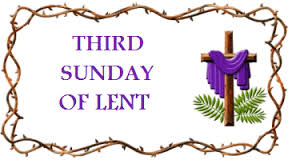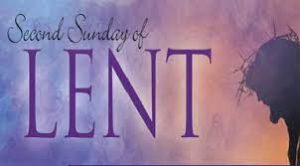The Choice is Ours
One day, a week or so after the “big storm,” I saw the Master Gardener in our gardens. Have you met Him? This day He seemed to be assessing the damage Milton had reeked on our plant life. Like the fig tree in Luke’s story, our plants, our Laudato Si Aquaponic Gardens and the “hobby gardens” were about to get a reprieve. Insurance money gifted us with the wherewithal to rebuild the Hydro/aquaponic operation. And if you look closely, you can see plants that appeared to have been cut off at the root, are beginning to sprout ever so tiny green leaves peeking through the churned up soil.
week or so after the “big storm,” I saw the Master Gardener in our gardens. Have you met Him? This day He seemed to be assessing the damage Milton had reeked on our plant life. Like the fig tree in Luke’s story, our plants, our Laudato Si Aquaponic Gardens and the “hobby gardens” were about to get a reprieve. Insurance money gifted us with the wherewithal to rebuild the Hydro/aquaponic operation. And if you look closely, you can see plants that appeared to have been cut off at the root, are beginning to sprout ever so tiny green leaves peeking through the churned up soil.
Did you know Jesus was quite a gardener Himself? Artists often depict Him with His foster father Joseph in a carpenter’s workshop. But He also spent time with Mary, His mother, learning the art of cultivation of plants. What cultivation skills did we learn under our mother’s watchful eye? It may not have been working in a garden, but someone in our life showed us how to coax maturity to signs of new life.
The Gospel is asking us to take a good look at ourselves. The tree in the parable is showing signs of life but it bears no fruit. We ask ourselves: Is that me? Am I barely managing to “hang in there?” Am I being called to more than that? Yes, God has higher hopes for each of us, if we will but give grace a chance.
For instance, we can ask ourselves:
- How do I relate with those I reside with? With outsiders? Is my presence a positive element or do I fall into the negativity trap? Do I pass judgment without giving God credit for knowing the whole story?
- Am I a good or sour influence within my community (or my family circle)?
- What is my attitude towards people I do not know or who aren’t “useful” to me?
- What kind of contribution (including being physically present) do I make to the life of this community?
- In general, what kind of contribution do I make to our community and beyond? What COULD I be doing?
Pope Francis has reminded us more than once of something we know deep down – but sometimes, especially in the midst of trouble, we tend to forget. He says: “There are no situations we cannot get out of. We are not condemned to sink into quicksand where the more we move the deeper we sink. Jesus is always there, his hand extended, ready to reach out to us and pull us up out of the mud, out of sin, out of the abyss into which we have stumbled.
The barren fig tree in Jesus’ story is given a reprieve. It is allowed another chance to respond favorably and to produce fruit. Every Lenten season offers us a chance to fertilize our tree, the tree which is our life, and to see how it can be more fruitful.
We need to realize love is only fully completed in us when we become a genuinely loving and caring person; one who loves both God and others in word and action. We have the choice to open ourselves and come closer to God, to experience the gift of LOVE personified in Jesus. The choice is up to us. God’s love is there for the taking. What are you, what are we waiting for?
~Reflection by Sister Roberta Bailey, OSB






